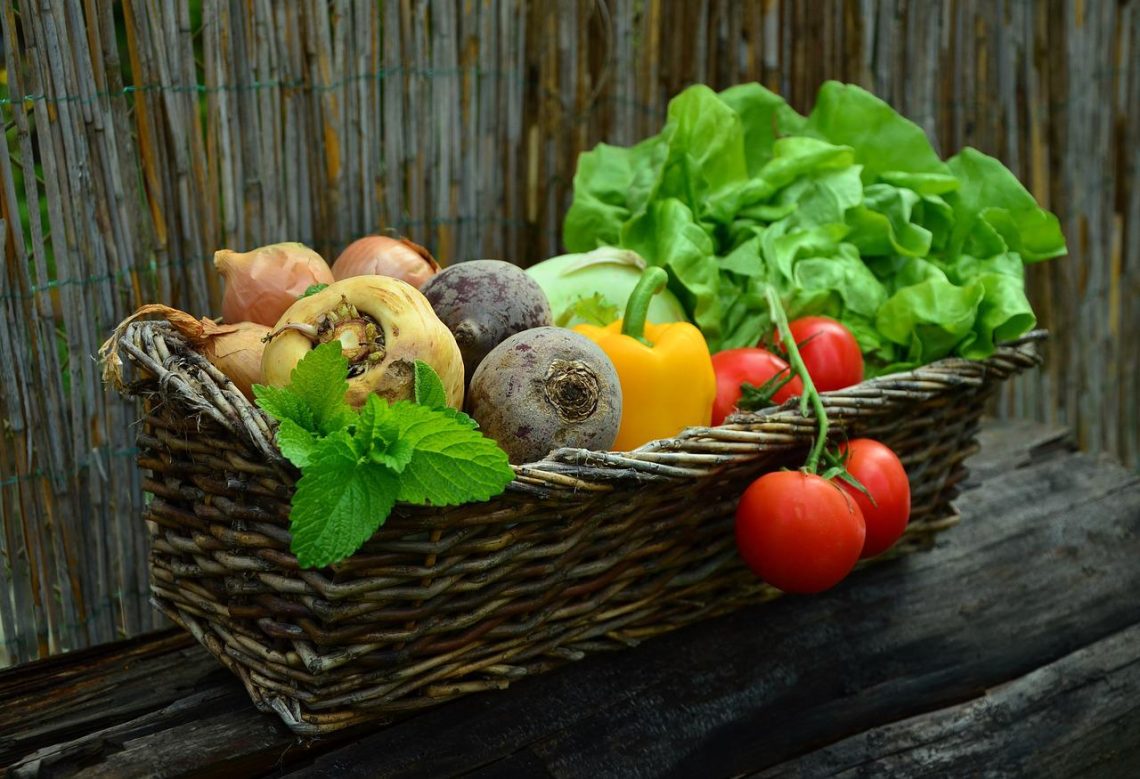
New Zealand Seasonal Job Opportunities
Whether you are in-between jobs and need the extra money, or you’re looking for your first job, or you’re a foreigner who wants to explore the beauty of New Zealand while making some cash, seasonal work might be the answer.
In order for you to find what works best for you, we decided to dedicate an article to the seasonal work industry in New Zealand, so you know which industries are in need of seasonal workers.
Industries Offering Seasonal Work
Let’s first discuss which industries are looking for seasonal workers. It’s also important to note when exactly they need the workers as some job opportunities are open all year round, while others only a few specific months a year.
Wine Industry
New Zealand is famous for its wine and it’s one of its most valuable exports, so the wine industry is in constant need of extra hands. The good news is that you can find employment there all year round. Work could include vineyard work, cellar work, as well as hospitality work (wine resorts are a big thing in New Zealand).
Based on the season you pick, there would be various opportunities in different parts of the country. The highest demand for seasonal workers is in Marlborough, with winter being the strongest season. You can get more information on this official website.
Forestry
As you all perhaps know from the Lord of The Rings film franchise, New Zealand is a luscious green country and to keep it that way, New Zealand needs a lot of seasonal workers. Forestry is yet another industry that needs workers all year round (particularly in autumn), so it’s up to you to decide when you want to join it.
Dairy Industry
You know New Zealand loves their sheep and what they love equally as much is their sheep milk. The dairy industry looks for seasonal workers all year round, so again it’s up to you to decide when you want to be employed.
Lambing and Shearing
Continuing the sheep theme, the lambing and shearing industry are also looking for seasonal workers. Shearing jobs are offered between the months of March and May, as well as September to February. Lambing jobs, by contrast, are open from the months of August to November.
Meat Industry
The meat industry generally offers jobs between the months of October and May, as well as in July and August. Most of the work is concentrated on processing the meat, packaging it, and freezing it.
Fish Industry
As a country comprised of islands, New Zealand prides itself on its delicious seafood. If you want to be part of the process that brings the sought-after food on people’s plates, then that’s the job for you.
The fish industry is one of the few that has a relatively short time period of employment. Seasonal workers are needed for the winter season or between the months of June and September.
Fruit and Vegetable Picking

Many delicious fruits and veggies grow in New Zealand, so there’s a constant need for seasonal workers to pick, pack, and process them. The kiwi industry, for example, requires help all year round, so if you want to be close to New Zealand’s most famous produce, look no further.
Ski Industry
If you’re not a native New Zealander, you’d probably be surprised to find out that the country is not only a tropical paradise frequented by beach lovers, but also a popular ski destination. Jobs include upkeep of ski slopes, as well as things such as waiting tables, cooking, and whatnot at various resorts.
The skiing season is naturally in winter, and it covers the months between June and September.
Tourism
If you can’t make it for the skiing season, but still want to work in tourism, you’re in for a treat, because New Zealand is always looking for general workers. Still, they are most desired during the winter (June to September) and summer (November to February) seasons. The tourist industry offers a variety of jobs at restaurants, hotels, and parks.
Pay
The pay varies from industry to industry, as well as from job to job, so it really depends on what you choose. The good news is that the New Zealand government requires employers to pay their seasonal workers a living wage, which is 23.65 NZD per hour (coming into effect September 2022) and it’s higher than the legal minimum wage (21.20 NZD).
Some jobs might pay more though, so once you set your eyes on a couple of potential jobs, look for employers and their rates.
Important Tips
Make sure that the company of your choice is properly licensed and regulated by the New Zealand government, because seasonal work (wherever it is) hides its risks. You should always check companies online, using the official registry. If you can’t find the company there, you probably should reconsider the employment.
Next, some shady employers might try to pay you “under the table”; not only is that illegal, but it’s also not safe to assume they will pay you. If anybody offers you that, politely reject it and look for a new job.
Once you make sure that the company is legit, carefully read the contract before you. Even legitimate businesses have their “fine print” requirements. Apart from ensuring that the pay is the same as the one you agreed to, you should look at the working hours.
Generally, the maximum working hours in New Zealand are 40 per week (excluding overtime), but the employer and employee can agree on another set of hours, so just make sure the amount is the same as the one you agreed to.
Lastly, some employers also cover airfare and sometimes accommodation, so you shouldn’t book a flight or rent a flat before you find out what you can have for free.




